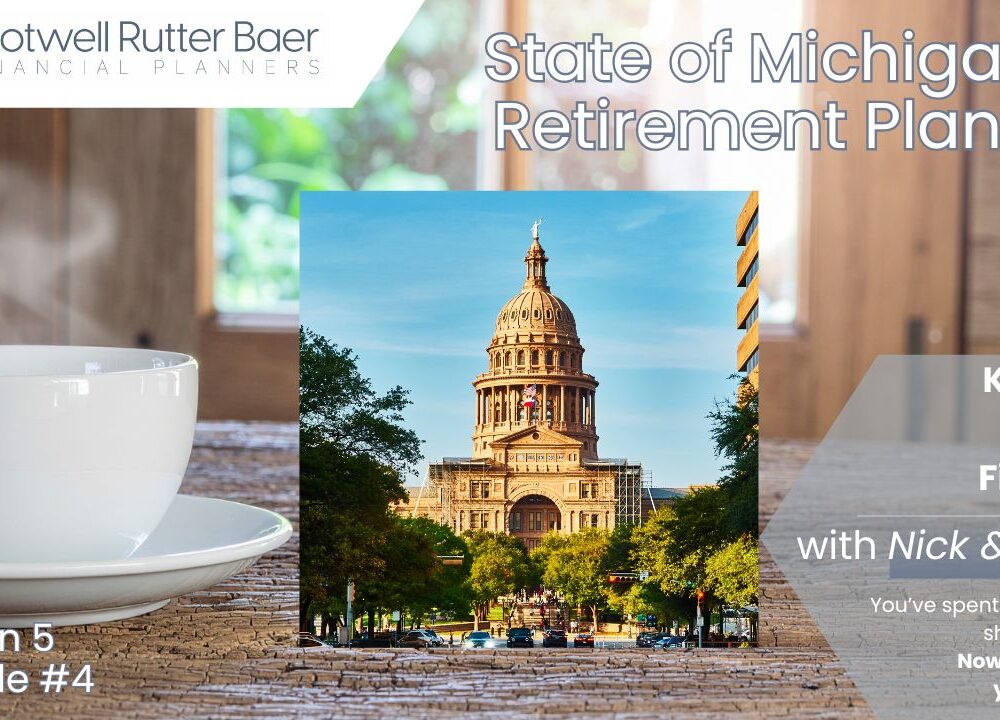Stocks and Interest Rates

A client asked me last week why the stock market goes down when interest rates are rising. This is a good question and is a fundamental part of understanding the markets, so I thought it would make sense to take a minute and write down a simple explanation. While there are many interrelated and complicated factors, the main cause and effect boils down to three concepts:
Investing in stocks means taking on risk.
When interest rates rise, less risky investments have a higher return, and they compete for investment dollars with stocks. If an investor is happy making 4%, and they can make that return in a high – yield money market account, they are more likely to move their money out of stocks and into a bank account. Stock prices are determined by supply and demand, and as rates rise demand for risky assets falls as people opt for safer places to place their money.
Think of interest rates as the economy’s gas pedal.
Low interest rates are the equivalent of racing the engine, while rising rates are the same as taking your foot off the gas. As interest rates rise, the economy slows down. Borrowing money costs more, so consumers and businesses tend to borrow less. Additionally, as savings becomes more attractive, consumers are more likely to decide that it makes sense to put more money in the bank than it is to spend it on things they may not need. As demand cools, the expected earnings for companies cools as well. While the price of stocks is determined by supply and demand, the value of a company, upon which investors base their stock purchasing decisions, is lower when its expected earnings are lower. Buying a share of stock is in essence purchasing a stream of future expected earnings, and investors want to see those earnings growing rather than shrinking.
Higher Interest Rates
In addition to lowering earnings expectations, higher interest rates also change the future value of those earnings. The math can be complex, but when analysts try to value a company’s stock, they are looking at those future expected earnings knowing that a dollar in the future is worth less than today. In their formulas, how much less that dollar in the future is worth is determined by the rate the Federal Reserve sets for short – term inter-bank loans. When that interest rate is higher, the value of future corporate earnings is naturally worth less now. So, a rising interest rate environment hurts the expected future value of stocks, making them less attractive to investors than they were previously. This is another factor that reduces the demand for stocks and causes stock prices to drop.
While most people think of bonds or savings accounts when they think about interest rates, the relationship between the stock market and interest rates is undeniable. Since interest rates change the valuation of stocks, their attractiveness relative to other assets, and influence the economy’s acceleration and deceleration, the two will always be intertwined.
About Shotwell Rutter Baer
Shotwell Rutter Baer is proud to be an independent, fee-only registered investment advisory firm. This means that we are only compensated by our clients for our knowledge and guidance — not from commissions by selling financial products. Our only motivation is to help you achieve financial freedom and peace of mind. By structuring our business this way we believe that many of the conflicts of interest that plague the financial services industry are eliminated. We work for our clients, period.
Click here to learn about the Strategic Reliable Blueprint, our financial plan process for your future.
Call us at 517-321-4832 for financial and retirement investing advice.
Share post:
